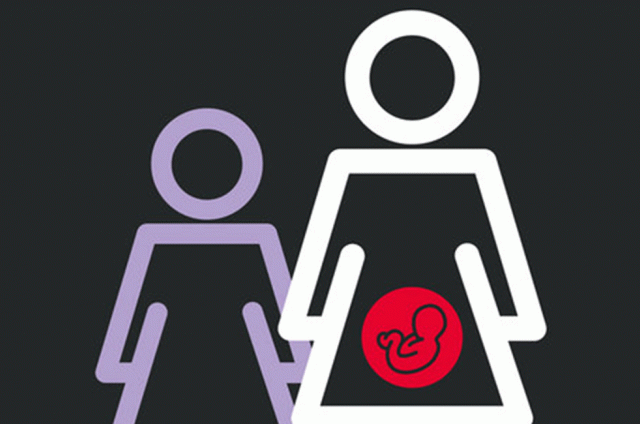Parenting with epilepsy
Becoming a parent can be both exciting and challenging. If you have epilepsy, you may have concerns about how you can parent your child safely and effectively.
Keeping you and your child safe
If your seizures (or your partner’s) are controlled, then epilepsy may not affect how you look after your child. However, parents who have seizures may find taking extra safety measures helpful. This depends on the type of seizures and the activity involved. If your seizures are uncontrolled you may be worried about a number of things:
- How can you keep your baby or child safe?
- Will you be able to be the parent you want to be?
- Will your child have to take on more responsibility than others their age?
Looking after yourself
Being a parent can be exhausting and time consuming and it is possible to focus so much on your child that you forget to look after yourself.
It is important to take care of yourself and to try and avoid anything that may trigger a seizure for you, such as:
- Not getting enough sleep.
- Forgetting to take your anti-seizure medication (ASM) at regular times.
- Becoming over-tired. It may help to share night feeds if you have a partner.
Looking after your baby
If your seizures happen suddenly and without warning, the following ideas may be helpful to keep your baby safe. These might not always be necessary, especially if there is someone else around to help you, but they could be helpful if you are with your baby on your own and have a seizure.
- Dressing and changing your baby on the floor means they would be less likely to fall if you had a seizure.
- Sponging your baby down on a changing mat on the floor is safer than bathing them in water.
- Carrying your baby in a padded carrycot rather than having them in your arms, may help to protect your baby if you fall.
- Using a wrist strap on your baby’s pram, or a brake that automatically activates, means that the pram will not roll away if you let it go.
- Feeding your baby in a low highchair may be safer as it is less likely to tip over than a higher one.
- Feeding your baby while you sit on the floor, surrounded by cushions and leaning against the wall, may help to keep your baby safer.
- If seizures or epilepsy medication makes you feel confused or you have memory problems, try as much as possible to keep to a routine. Keep notes of when you fed your baby and how much. Label food and drink containers with date prepared. You can also seek guidance from your GP or neurologist if you have concerns about your memory.
- If possible, avoid carrying your baby on stairs or ask someone to help you with this.
Looking after a young child
Depending on how your seizures affect you, epilepsy can come with safety risks. As your child grows and develops these risks may change as they become more mobile and independent.
You may want to think about how to keep your child safe at home. The following ideas may help:
- If your baby is crawling or has started to walk, you may want to think about fitting safety gates at the top and bottom of stairs, or at the entrance to areas that might be dangerous for your child such as the kitchen.
- If you live alone with your child, you may be able to ask a neighbour, family member, or friend to check on you both from time to time.
- Avoid leaving keys in the door lock and using bolts and chains and consider fitting a key safe on the outside of your home. This will mean that trusted adults or the emergency services can get in to help you if need be.
If you are out and about with your young child, you may like to consider the following:
- Slings and child carriers may not be safe for your child if you fall when you have a seizure.
- It may be safer to use a padded pushchair and one with an automatic safety brake that would come on if you let go of the handle.
- If you are alone with your child, try to avoid dangers such as unfenced water (ponds or streams), railway lines, roads, and steep steps or drops.
Talking to your child about epilepsy
Children can often be taught at a young age what to do if someone has a seizure. Many children learn what to do from watching other people. As their parent, you are the best person to decide when it is the right time to explain your epilepsy and seizures to your child.
During a seizure your child could learn to:
- stay with you, so they don’t get lost
- get help from someone else, for example a neighbour or friend
- help you themselves, if they know what to do.
Some people wear medical jewellery or carry an ‘I have epilepsy’ ID card saying what to do if they have a seizure. Even if children are too young to manage seizures, they may be able to tell other people that you have a card or medical jewellery.
Epilepsy Society is grateful to Christina Patikis, Occupational Therapist, Epilepsy Society, who reviewed this information.
Information updated: September 2025. Review date: September 2027
Download this information
For a printed copy contact our Helpline.


